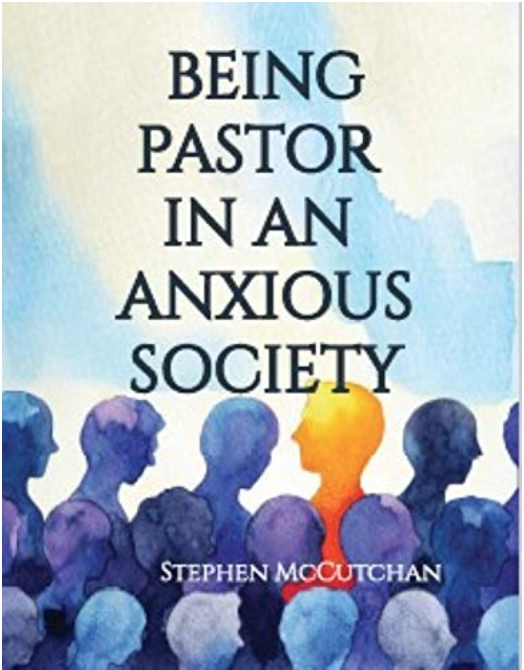One of the difficulties in helping congregations do a better job of caring for their pastors is that there is no one to raise the issue. If the pastor raises the issue, it feels like s/he wants to be pampered or is whining. It feels as if the pastor is being self-serving when the Gospel s/he proclaims emphasizes that Jesus and his disciples came to serve rather than be served. We forget that the gospels make clear that there were those who focused their energies on caring for Jesus.
Most congregations are not averse to treating their staff well. They just don’t think about it. Unconsciously the congregation assumes the pastor will take care of himself or herself, and if they get broken, the congregation will simply find a replacement.
Most congregations recognize that the pain and discomfort of saying goodbye to one pastor, going through the process of finding another one, and then adjusting to that new pastor is an exhausting process. When you suggest to them that treating a pastor well may make for longer pastorates, they usually nod their heads in agreement. However, who initiates that conversation?
I want to suggest that the place for that conversation to begin is when the Committee on Ministry is educating the Pastoral Nominating Committee. As the committee moves to calling a pastor, the COM should guide the committee in designing a good plan for pastoral care. Actually, having a good plan can help make the call even more attractive.
So the question is, recognizing the demands of the pastorate and the resulting stress and strain on the pastor, how can the church make the position more humane? This is the objetive of this blog and the ToolBox that you will find at www.pastoralcarenetwork.org . It is also the focus of our national meeting beginning on October 26 in San Francisco. Go to the same website for details.

































